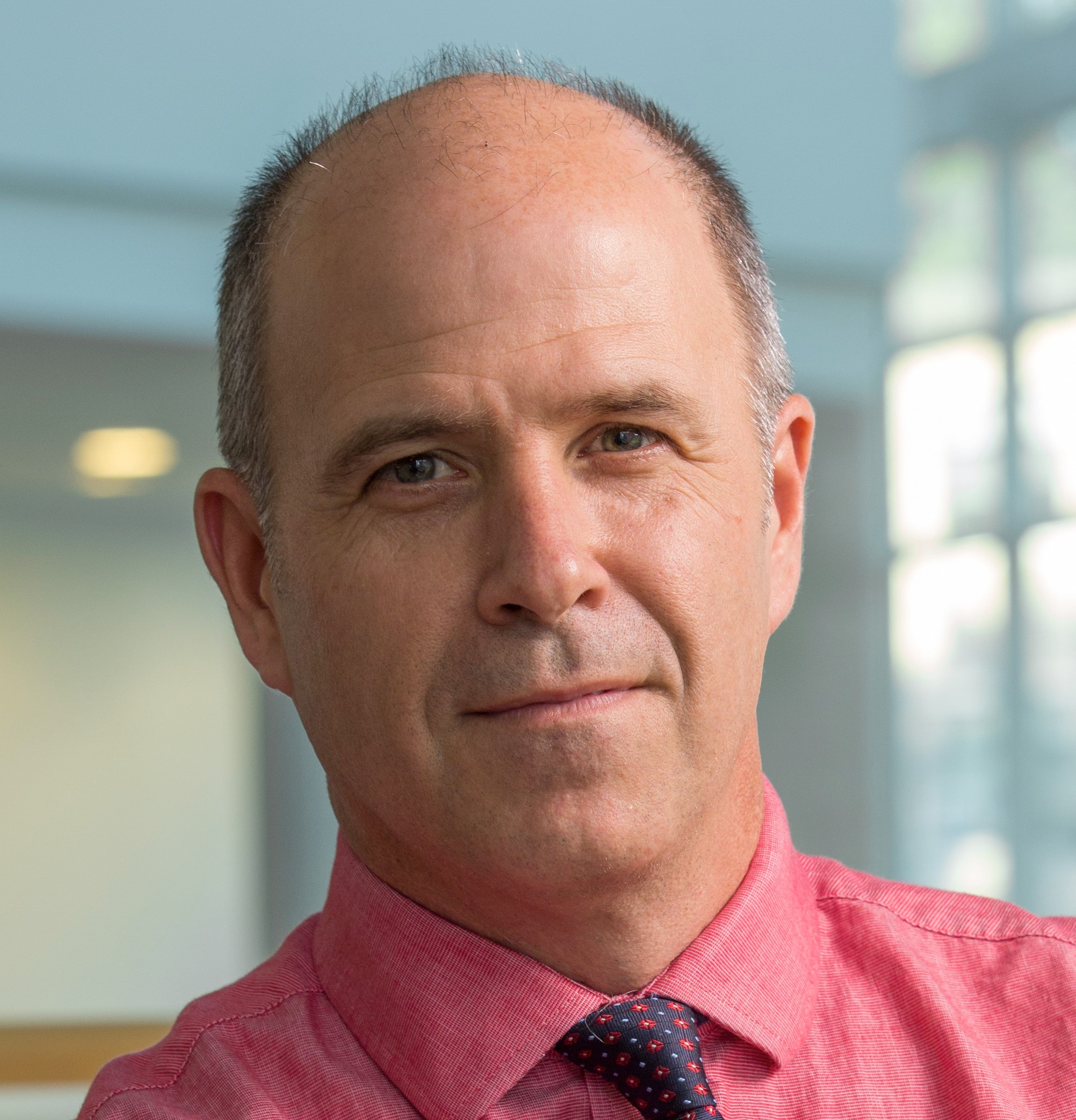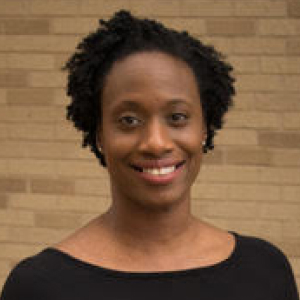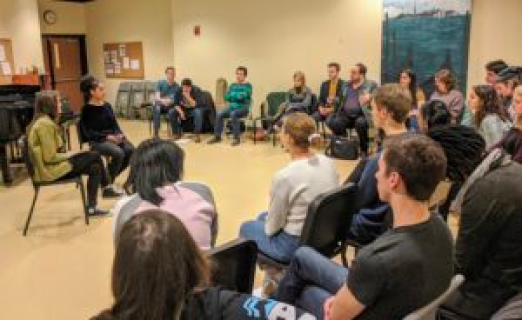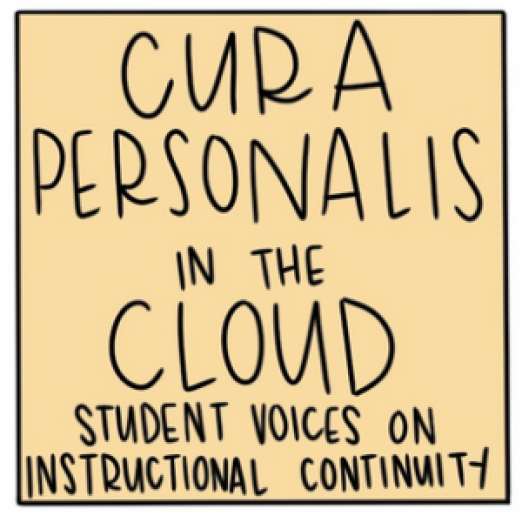Event recap
In 2022, we invited faculty, staff, and other campus partners to present and conduct workshops in response to the theme Creating Space, which drew topics ranging from rethinking inclusive practices in the sciences to creatively using technology tools for accessible and engaged learning. Additionally, after two years of supporting faculty through rapidly changing environments with exclusively virtual programming, we reintroduced TLISI to the Healey Family Student Center for the first time since 2019 with a hybrid approach.
We’d like to again thank the entire Georgetown community for joining us at TLISI. The complete event report is available below, as are recordings of plenary and workshops/sessions.
Plenary sessions

Dr. James Lang
Distracted: Why Students Can’t Focus and What You Can Do About It
In this keynote address, Dr. Lang discussed the history of human distraction, the impact of technology on distraction, and his research and strategies for “cultivating attention” for learning among students.
James M. Lang, Ph.D. is the author of six books, the most recent of which are Distracted: Why Students Can’t Focus and What You Can Do About It (Basic Books, 2020), Small Teaching: Everyday Lessons from the Science of Learning (Jossey-Bass, 2016), and Cheating Lessons: Learning from Academic Dishonesty (Harvard University Press, 2013). Lang writes a monthly column on teaching and learning for The Chronicle of Higher Education; his work has been appearing in the Chronicle since 1999. His book reviews and public scholarship on higher education have appeared in a wide variety of newspapers and magazines, including The Conversation, Time, the Boston Globe, and Chicago Tribune. He edits a series of books on teaching and learning in higher education for West Virginia University Press; he co-edited the second book in the series, Teaching the Literature Survey Course: New Strategies for College Faculty (2018).

Dr. Chayla Haynes Davison
(Un)Doing Harm:A Pedagogical Imperative for Faculty Today
This keynote centered helping faculty understand how pedagogical decisions they make knowingly and unknowingly can be especially harmful to the racially and ethnically minoritized students in their classrooms. Dr. Davison shared strategies to help faculty create racially-just classroom learning environments to the benefit of every student.
Dr. Chayla Haynes Davison is an Assistant Professor of Higher Education Administration and past recipient of Texas A&M University’sRobert and Mavis Simmons Faculty Fellowship. She earned a Ph.D. in Higher Education from the University of Denver and also holds a M.A. in College Student Personnel from Bowling Green State University. Her research centers on critical and inclusive pedagogy with emphasis on college teaching and faculty development, Black women in higher education and critical race theory and intersectionality scholarship and methodologies.

Dr. Michelle Ohnona, Ijeoma Njaka, Dr. Ryann Craig, Jordan Davis, and student contributors, May 25
In Your Shoes Showcase
Launched in Spring 2022, the In Your Shoes: Student and Faculty Dialogues pilot program brought Georgetown faculty and students together to explore the intersection of identity and learning. As part of the Laboratory for Global Politics and Performance’s In Your Shoes methodology, students and faculty held two-way pair conversations before recording, transcribing, and sharing their partner’s words through performance. In this showcase session, attendees saw faculty and students from the pilot share excerpts from their work, and program facilitators discussed the outcomes and future applications of performance-based dialogue initiatives.

Dr. Susannah McGowan and student contributors, May 26
Cura Personalis in the Cloud: Coming Full Circle
May 2020, a recent graduate, Alexa Eason (COL ’20), convened a panel of seven undergraduate students to describe their learning experiences from the first pandemic semester. Some of those students were current seniors returning to TLISI for an encore panel. The 2020 panel posed questions to the audience about engagement, fostering community, and strategies for navigating through virtual academic and non-academic spaces. The aim for this year’s panel was to continue this conversation, looking at how these themes permeated students’ experiences in the past two years during multiple transitions. The panel ended with a discussion of their key takeaways on learning and what they wish faculty, staff, and fellow students to remember most about the past two years of college.
Read Clare Reid’s visual essay on their original panel at TLISI 2020.
Recorded sessions
May 23, 2022
Principles and Practices of Inclusive Pedagogy
Joselyn Lewis, Michelle Ohnona
First Look: New ARC Accommodations Portal
Kari Nelson, Clare Hennigan, Debra Martin
Creating Connections Across Spaces
Eun Hee Han, Jonah Perlin
13,000 Hours: Lecture Recordings at the Law Center
Dara Boatright, Mark Weist
Meg Meiman, Beth Marhanka
Is There Space for a New Normal?
Anjali Gupta, Alejandra Hurtado de Mendoza, Kristi Graves, Stacey Kaltman, LaTasha Seliby Perkins
Office Hours: The Forgotten Space for Teaching and Learning
Lindsey Pullum
Simulations and Statistics: R Shiny Dashboard
Beatrice Leydier
Integrating Simulation-Based Learning for Student Engagement and Competencies Development
Sabrina Wang, Jason Kramer, Melanie Riner, Zhuqing Ding
May 24, 2022
Publishing Both the Usual and the Highly Unusual
Carole Sargent
Critical Pedagogies in Medical Education
Vinayak Jain
Doyle Conversations on Anti-Racism in Higher Ed: What We’ve Learned Thus Far
Michelle Ohnona, Ijeoma Njaka, Ryann Craig, Jordan Davis
Supporting International Students
Elton Skendaj
Wendy Zajack, Zikun Li, Xiaolu Zhang
Meeting Students Where They Are: Materials Accessibility Workshop
Betsy Milarcik, Brittney Klein
Promoting Research with Augmented Reality (Access the session presentation)
Barrinton Baynes, Julian Dowell
May 25, 2022
Creating Space for Students to Heal and Become More Resilient
Carol Day, Sarah Stiles
Defining Neurotypical: Restructuring the Way We Approach Diseases and Disorders in Neuroscience
Karli Gilbert, Alison Schug, Marissa Laws
Liberal Education in Carceral Spaces
Joe Napolitano, Josh Miller, Emily Hainze, Tyrone Walker
Religious and Spiritual Diversity in the Classroom
David Ebenbach, Rabbi Rachel Gartner, Brahmachari Vrajvi
Intentional Collaborations for Creating Inclusive and Engaging Online Courses
Monica Sanders, Susannah McGowan, Eileen Young
Taking Diversity Pipelines Virtual: Advancing Equity and Advocacy
Susan Cheng, Isela Melendez-Carpio, Samuel Chan, Yessica Ayala
May 26, 2022
A Faculty & Staff Panel on Creating Community & Space For Students’ Purpose and Career Discernment
Amanda Friday
Sustainability Pedagogy: Moving Beyond Content
Jamie Olsen
Opening Spaces by Using Simulation to Enhance Student Soft Skills
Sandie Nadelson, Louis Nadelson
Creating Space for Sustainability: Research and Engaging Learning Outside the Classroom
Kerry Danner, Mindy McWilliams
Madeleine Olson, William Cleaves
“Curate Your Core”: Report from a Multidisciplinary Curriculum Pilot on Climate Change
Noah Martin, Randall Amster, Jan Menafee
Changing Assessments in STEM Courses: Strategies and Experiences of our Faculty
Mun Chun (MC) Chan, Patrick Johnson, Cynthia Wei, Leanne Doughty, Michelle Bertke, Jennifer Fox
Susan Cheng, LaTasha Seliby Perkins, Isela Melendez-Carpio, Keisha Bell, Betelhem Yimer


